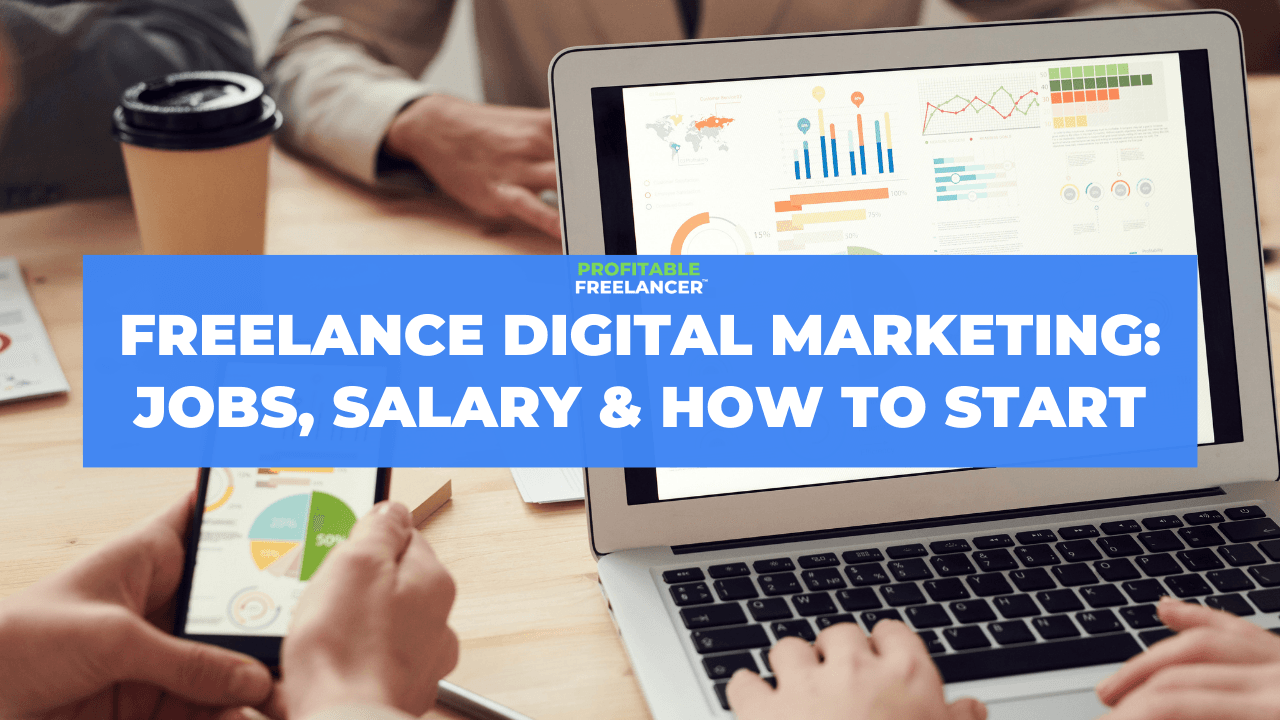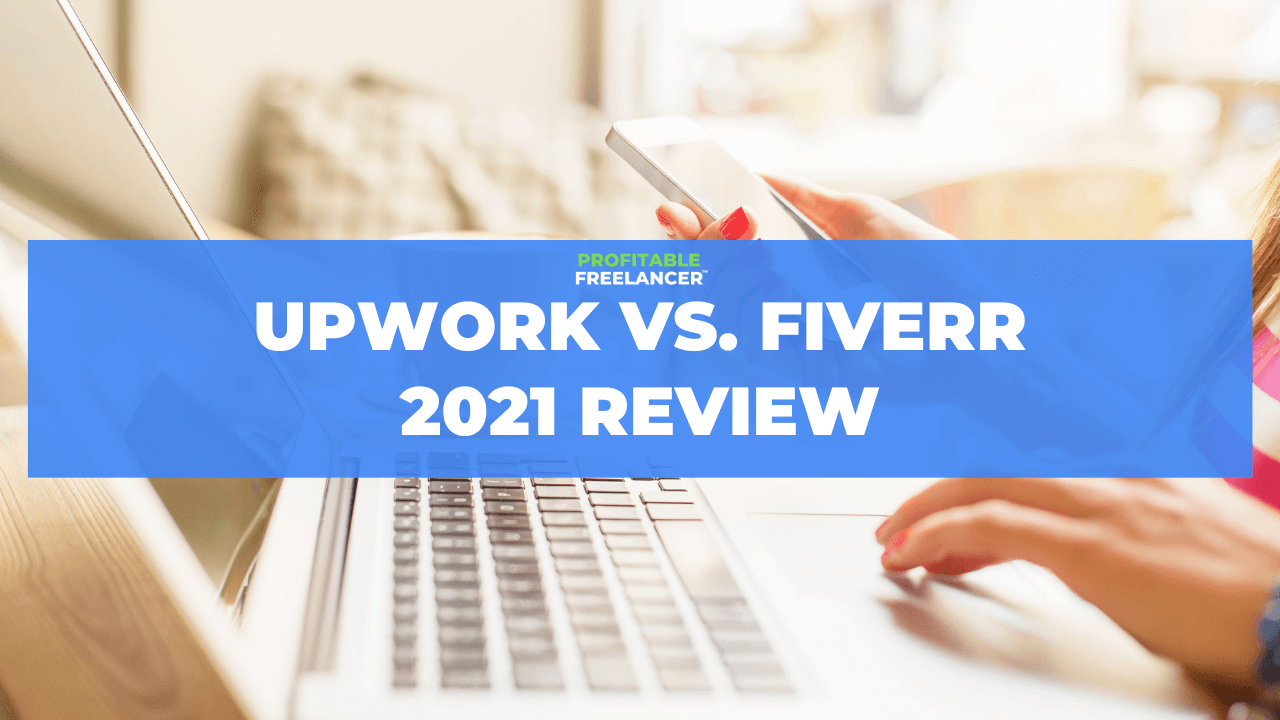Pros & Cons of Freelancing
The history of freelancing is more interesting than you might think...

A person might assume that freelancing was introduced after the technology boom of the late 90s and early 2000s. However, that is not the case. The word “freelance” dates back as early as the early 19th century. Going back to the Middle Ages, there were two main types of workers of the period. There were those who were employed by the king and those who sought their own employment, working for whoever was willing to pay them. Therefore, the freelancers of the time were independent, self-sufficient laborers who earned a living by selling their skills.
Overview of Freelancing
In today’s world, the definition hasn’t changed much. A freelancer is a person who makes money by completing work on a job-per-job basis. They are independent workers and aren’t tied down to a firm or corporate entity. This allows freelancers to experience many benefits. In addition to these perks, there are also some downsides to working as a free agent.
Freelancing is an ever-evolving career. Freelancers saw one of the most significant changes in the industry when the pandemic hit in 2020. Suddenly, the world was on lockdown, and everything was put on pause. This time raised a lot of uncertainty as some employees were let go from their companies and others were unsure if they would ever return to work.
More and more people began to lean on freelancing as an opportunity to earn income. According to a report from Upwork, the 59 million Americans who freelanced in 2020 now generate a collective $1.2 trillion in annual earnings, an increase of 22% since 2019. Freelancers were able to do this because of the drastic differences between the freelancing industry and traditional employment.

The Benefits/Pros of Freelancing
One of the most apparent benefits of freelancing is that the work can be completed from anywhere. There is no corporate building or office cubicle that a freelancer is tied down to. Freelancing jobs are done remotely, meaning a person can work from the comfort of their own home, or wherever they want to travel to. In addition, a freelancer has the freedom to pick the projects they’d like to work on and the clients they’d like to work with. This allows a freelancer to act in accordance with their values and hand-pick jobs that they are truly interested in or passionate about. This independence also results in a flexible schedule.
Freelancers escape the nine-to-five grind and have the ability to create their own set of working hours if they choose. They also have control over the workload and pace of the project, which can lead to an increased earning potential. The more jobs a freelancer accepts and completes successfully, the greater the possibility of achievement and increased pay.
Freelancing also gives freelancers the opportunity to explore new skills by exposing them to opportunities they may not have received in a corporate setting. For example, a freelancer can accept positions covering a wide variety of topics, whereas a corporate employer may want their employees to stick to one strength.

The Downsides/Cons of Freelancing
In contrast to the positive attributes of freelancing, there are also many challenges that come with the industry. For those just beginning their career as a freelancer, it can be difficult to start out due to lack of experience. It can be challenging to build momentum when a freelancer is first emerging into the field.
There can also be a lot of uncertainty during this time, as there is competition from other qualified freelancers competing for the same position. Then, there’s the struggle to find the balance between work and home life. With the opportunity to apply to as many jobs as a freelancer chooses and to set their own hours, where does someone draw the line to say they are overworking or not working enough?
This issue is further complicated by the management of finances. A freelancer must keep track of their earnings and determine how much they have to earn in order to support themselves. It’s a big responsibility, but one of the tradeoffs for those looking to freelance as a career.

How To Get Started As a Freelancer
There are a few steps to follow for those looking to get started as a new freelancer. The first step is to create an account on the top freelancing platform called Upwork. Upwork is a talent marketplace where freelancers find jobs and are selected by clients. After the account is created, it’s critical to upload as much information as possible to one’s profile.
Freelancers should include their education level, employment history, and a brief autobiography on their page. It’s also essential to include a portfolio, which can house examples of past experience and highlight a freelancer’s strong suits. When a client is looking to hire for a position, they are going to review a freelancer’s profile, which is why it’s important to make sure the account is complete.
There are a variety of freelancing skills that clients are looking for. According to Upwork, the skills with the highest year-over-year growth on the platform are sales & business development at 54%, data entry at 47%, accounting at 45%, and 3D animation at 44%. In addition to these, clients are also looking for tech, marketing, customer service/admin support, accounting/consulting, and design/creative skills.
As time goes by, more companies are beginning to use freelancers and remote talent to supplement their workforce. This is great news for the freelancing industry and those looking to grow their influence in the field. Platforms like Upwork make it easy for freelancers to meet clients and get hired, which opens the door to more opportunities for everyone involved.
Developing a Freelance Strategy
It’s important to create a strategy to have a successful freelancing career. Developing a business plan is a great way to maintain consistency and be accountable. Having strong and open communication is key to starting a relationship with any client. It’s essential to remain organized and keep track of the work being completed.
In addition, networking can have a huge impact on your freelancing career. It introduces a freelancer to new connections with other professionals. Networking can also result in a stronger support network, more meaningful relationships with others, and an improved reputation. It takes time to build a successful freelancing career, and it’s important not to get discouraged. In the end, it’s all a numbers game.
Once you have sharpened your freelancing tools and gained some real-world experience, you can move up the ranks and make more money by becoming a freelance consultant. A freelance consultant is an independent professional who provides expert advice and guidance to clients on a project-by-project basis. These consultants work for themselves and are hired by businesses, organizations, or individuals to offer their expertise on a specific subject matter. They can specialize in a wide range of fields, such as marketing, finance, technology, or human resources. In addition to all the benefits of being a freelancer, freelance consultants can also work on projects that align more with their interests and strengths, and potentially earn higher rates than traditional employment.
If you're interested in becoming a freelance consultant, Zero to Mastery has a helpful blog post that outlines the steps you can take to get started. From identifying your niche and building a portfolio to marketing yourself and setting your rates, this guide provides valuable insights and tips on how to launch a successful freelance consulting career. You can read the full blog post here: https://zerotomastery.io/blog/how-to-become-a-freelance-consultant/

Top Freelancing Takeaways
Freelancing is a vast industry with a lot to offer. It allows for remote work where a freelancer can choose their own hours. A freelancer also has the chance to select jobs that they show a particular interest in. They also have control over the workload and pace of a project. In addition to these positives of freelancing, the industry does have its downsides.
There is a lot of uncertainty for a new freelancer who is just beginning their career in the field due to high competition. There is also the struggle of maintaining a healthy work-life balance because freelancers are independent and must hold themselves accountable for their work. Overall, freelancing can be a viable career option for those who are looking for a flexible and rewarding job.
It’s common to have questions at the beginning of a person’s freelance journey. That’s where Paul Mendes’ course
Complete Guide to Freelancing: Zero to Mastery, comes in handy. Paul is a Profitable Freelancer Business Coach who wants to build up the next generation of freelancers. His course is extremely helpful for those that want a step-by-step process to build a profitable freelance business. Its clear and concise outline makes it easy to follow for even the newest freelancers to follow along. He strives to give freelancers the confidence to take risks and the personal strength needed to create freedom in every area of their lives. Paul is a positive and encouraging leader who radiates success and wants the same for his students. Check out his course here:
https://zerotomastery.io/courses/become-a-freelancer/?affcode=441520_7y_caadc
Sources:
https://www.vandelaydesign.com/freelance-defintion/
https://wearecloudworks.com/en/cloudmag/freelancing-evolucion/
https://www.techrepublic.com/article/most-in-demand-tech-skills-freelancers/












